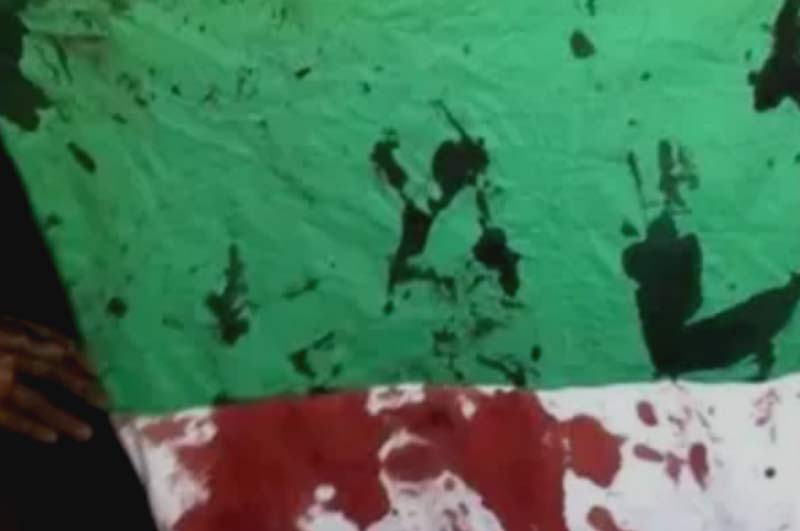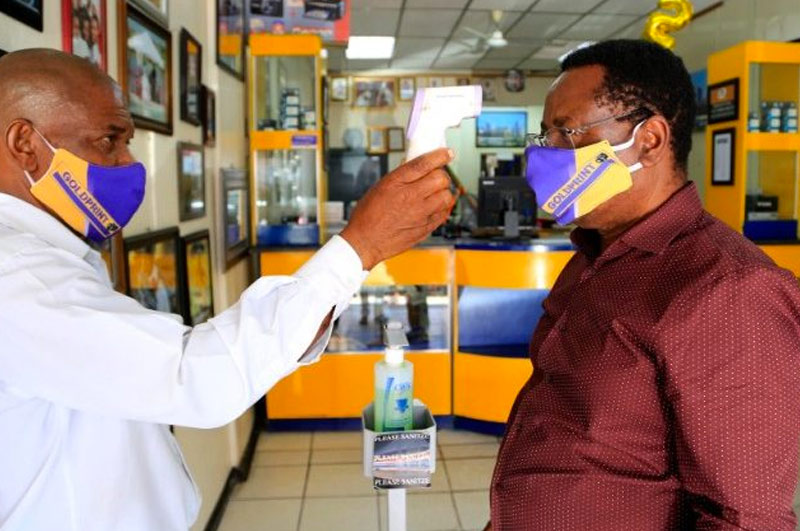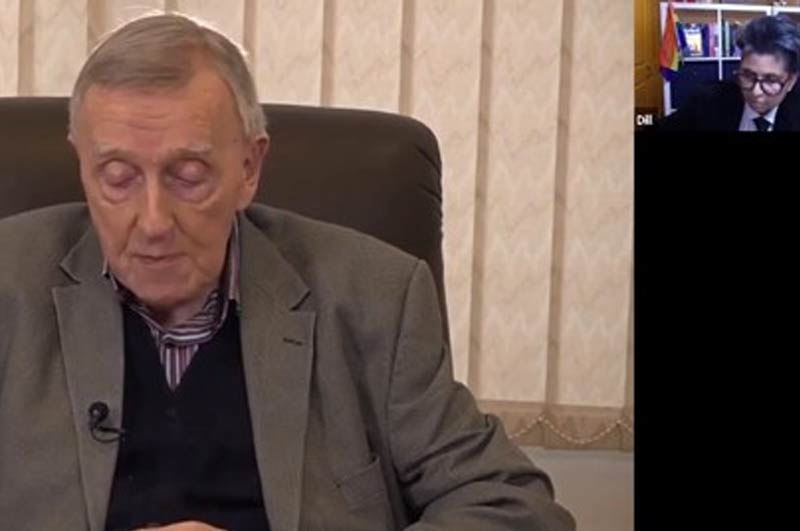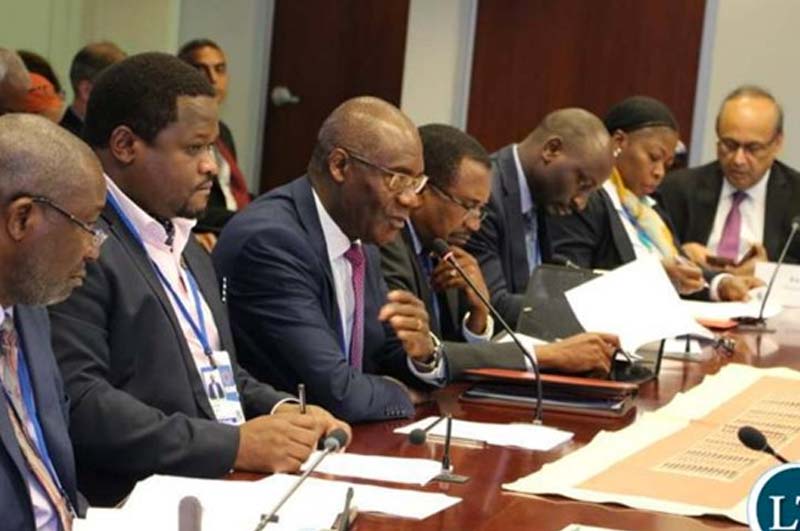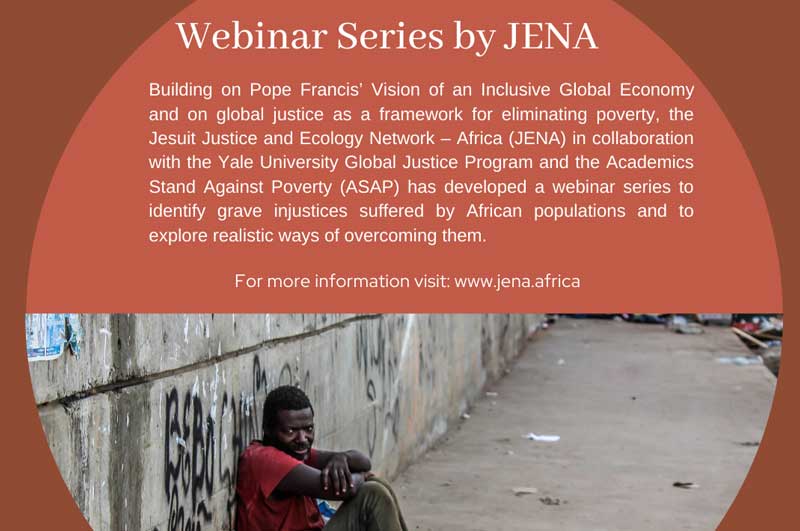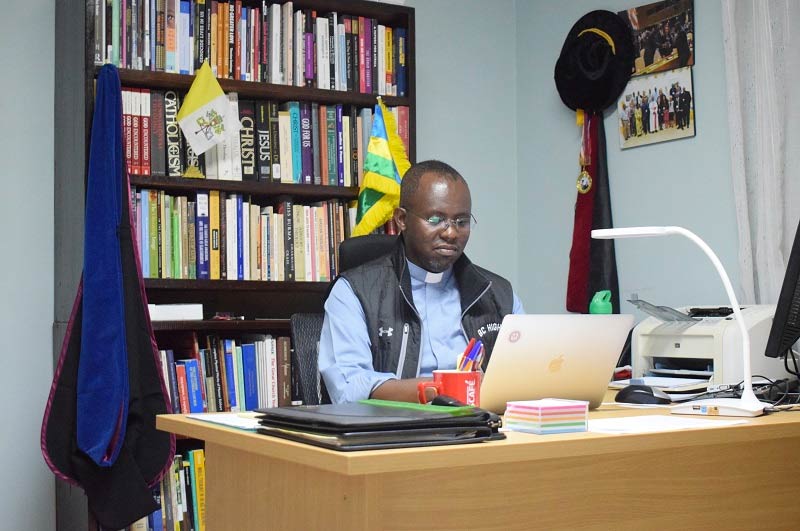


The emergence of the COVID-19 pandemic has put many African governments in a more straining situation as they were already straining to service their debt obligations. They thus faced the choice of paying their creditors or saving lives. The combined debts of the African countries in the wake of the COVID-19 pandemic are estimated to be about US$ 583 billion, the result of continued borrowing by African countries from multiple lenders at high-interest rates, as lenders consider lending to African countries as risky. With the COVID-19, many African countries are now forced to borrow more, some surpassing the 60 percent recommended debt-to-GDP threshold for borrowing, as the health systems are strained and food crisis is looming. More concerning now is the growing debt African countries are accumulating from China and private lenders.
African countries owe China, their favoured creditor, and her banks about US$140 billion (20 percent of the total US$ 583 billion debts). Additionally, 32 percent of African government external debt is owed to private lenders, and 35 percent to multilateral institutions such as the World Bank.
Zambia is one of those African countries with fast-increasing debts. Since 2012, Zambia’s debts have risen dramatically, reaching $9.4 billion by 2018. Additionally, the government has also guaranteed loans to state-own companies, totaling $1.2 billion. Zambia’s increasing appetite for commercial Eurobonds (at high and varying interest rates) between 2011-2015, plus the lure of the easy-going Chinese loans (accounting for 44% of the country’s debts), are considered the key sources of the country’s debt problems. These, only account for external borrowing (close to 40% of the GDP), while the domestic debts and arrears constitute about 23% of GDP. However, critics consider that the Zambian loans may be about $16.7 billion, far higher than the official figures.
As the first heavy repayments of the Eurobonds approaches in 2022, Zambia has no funds to repay the loan, despite having created a ‘sinking fund’ to repay the loans. The doubts of the critics raise the unanswered question of whether Zambia has no other hidden loans, especially as the Chinese loans are less transparent and most of the actual expenditure decisions are taken in the State House. Most of these loans have been used for high-cost infrastructure projects like roads, conference complex, and dams, the benefits of which are slow in coming. Some of the projects did not take into account the priority needs, they lacked proper tendering procedures and are also believed to have involved graft. Other loans also serviced budget deficits. This makes some of these debts to be “illegitimate” or “illegal, as they did not and may not benefit the citizens. Meanwhile, debt repayments continue to drain scarce public resources, cutting into funds for social services, thus increasing the vulnerabilities of the majority ordinary citizens. Debt servicing is also increasing the tax burden on citizens to raise revenue for debt repayment, when the government of Zambia cannot make all citizens, especially the corporate citizens, pay their fair share of the taxes, leading to massive illicit financial flows out of the country.
Clearly, the earlier Highly Indebted Poor Countries (HIPCs) initiative for debt relief for the poor countries did not help Zambia, since she slipped into new debts in 2012, just seven years after her external debts being cancelled in 2005. Morally, all the debts must be paid. However, distributive justice requires that the money borrowed must benefit the citizens. The problem of debt has contributed to increased levels of poverty and death, as it has affected the poor persons in the country more.
From a Jesuit and Church perspective, I would like to call upon the Church leaders in Zambia and Africa to advocate for debt cancellation, particularly for the odious debts. This would follow in the footsteps of Pope John Paul II and other church leaders who called for outright cancellation of the public debt poor countries owed. This has been given additional impetus by Pope Francis’ call in his new encyclical Fratelli Tutti, for multilateralism in building human solidarity. This implies the need for the different actors to collaborate in addressing human plight. Apart from the odious debts problem, the Church should also add in a strong voice in advocating for initiatives like debt renegotiation for better terms and repayment periods, and encourage more transparency in borrowing, cheap borrowing and accountability in expenditures. In this case, the Church should keenly seek to participate in initiatives like the April 2020 World Bank, International Monetary Fund and the G20 efforts for the debt service suspension initiative (DSSI) in response to a COVID-19. At the more global level, the Church should seek actively to collaborate and work with the international community for policy and legal reforms that support establishment of global framework and systems for debt contracting and management.
Pascal is a Research and Advocacy Officer, Jesuit Justice and Ecology Network Africa (JENA)
Main source on Zambia: https://www.cmi.no/publications/6866-zambias-looming-debt-crisis-is-china-to-blame
Related Articles
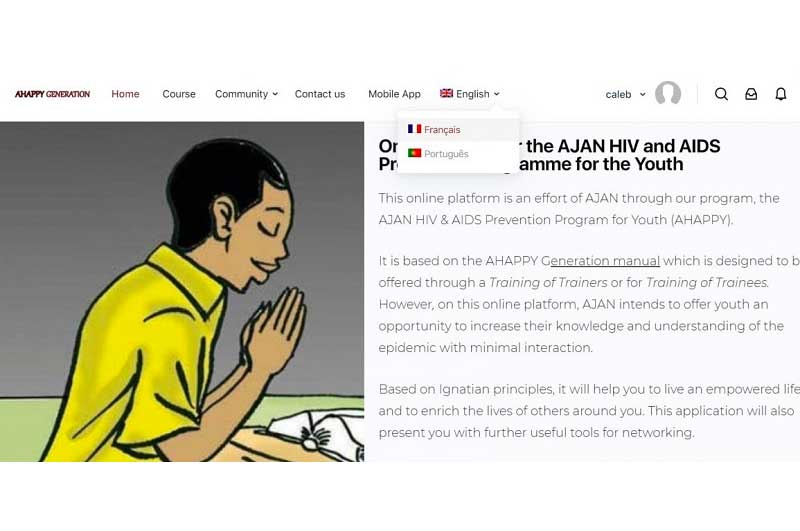
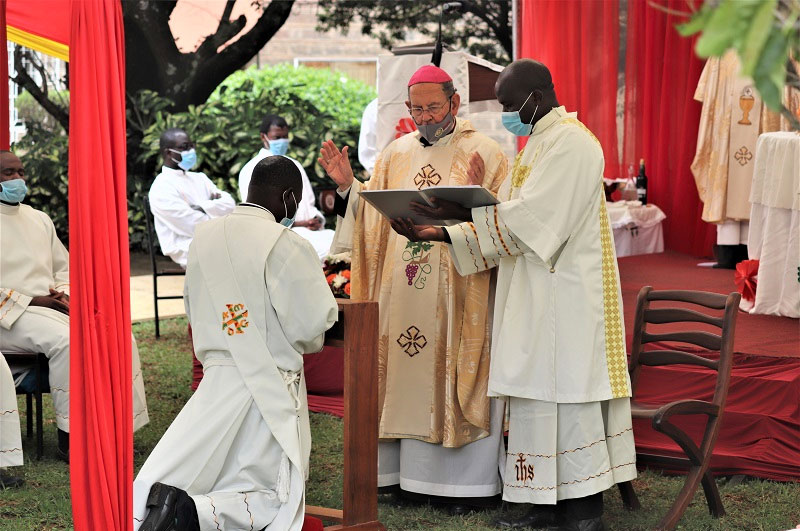
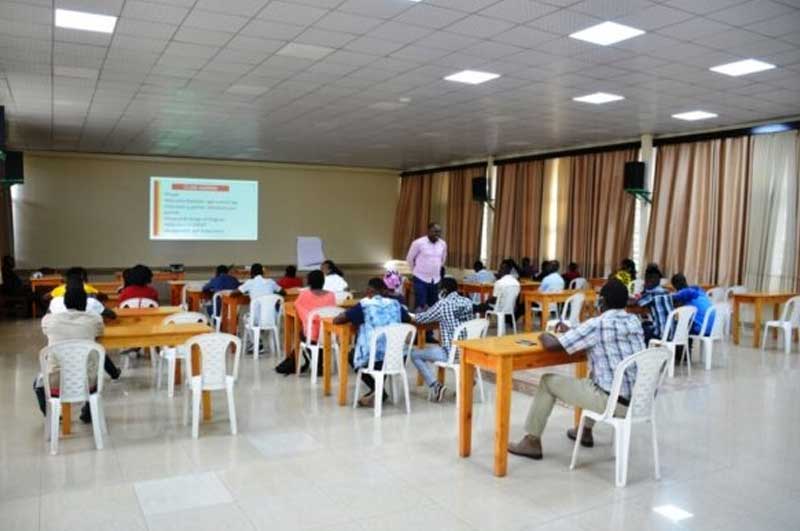
Select Payment Method
Pay by bank transfer
If you wish to make a donation by direct bank transfer please contact Fr Paul Hamill SJ treasurer@jesuits.africa. Fr Paul will get in touch with you about the best method of transfer for you and share account details with you. Donations can be one-off gifts or of any frequency; for example, you might wish to become a regular monthly donor of small amounts; that sort of reliable income can allow for very welcome forward planning in the development of the Society’s works in Africa and Madagascar.
Often it is easier to send a donation to an office within your own country and Fr Paul can advise on how that might be done. In some countries this kind of giving can also be recognised for tax relief and the necessary receipts will be issued.


